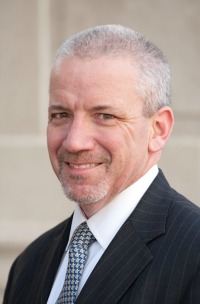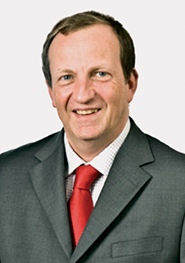Many former prop traders who have started their own shops are having difficulty raising the critical mass of capital necessary to keep up with increased costs for running a firm today.
Chris Momsen, co-head of Advent Software’s global accounts and Tamale business unit, works with a lot of startup hedge funds, and he notes that new shops have to deal with the dual challenge of limited capital and increased business expenses.

“It used to be that it was very easy for firms to raise a lot of capital, both in terms of getting investment equity and then being able to obtain leverage,” Momsen said. “Now it’s harder to get equity capital, it’s harder to get leverage, and the costs of doing business are higher, so the hurdle’s definitely gone up.”
With the incoming Volcker rule requiring banks to spin off their prop desks, a number of traders have been leaving banks and starting their own firms in preparation for the rule. Unfortunately, they are facing headwinds in the current economy.
According to data from industry tracker HFR, there were 304 new hedge funds that launched in the United States during the first quarter of this year. However, during that same period, 232 funds were liquidated. While the industry continues to grow, clearly it isn’t smooth sailing.
Francis Rainsford, chief financial officer of the newly launched hedge fund firm Hunting Hill Capital, said investors’ expectations of a fund’s operational infrastructure have definitely increased.

“It used to be the checklist was a one-pager,” Rainsford said. “In today’s day and age, due diligence questionnaires are pretty voluminous, and there are a lot of things a fund needs today to demonstrate to their investors that it’s not just performance that they’re offering.”
That sentiment was echoed by Sal Naro, a former prop trader who now runs Coherence Capital Partners. He said there is a higher level of scrutiny across the board, and if funds want to attract capital, they have to allocate more money to compliance and transparency than they did in the past.
Some insiders report that a number of new funds are initially launching without any outside capital at all. And whether they have outside capital or not, traders have to adjust their expectations to the new realities of the current environment.
Vernon Barback, president and chief operating officer of the hedge fund administrator GlobeOp Financial, said firms with smaller amounts of capital often do not even expect to make money for the first year or two.
“A lot of the startups that we see, maybe in the $100 million to $200 million range, people are going into that, eyes open, knowing that they’re going to have to put money into the business for the first few years before they reach scale and can start to take profit out,” Barback said.



